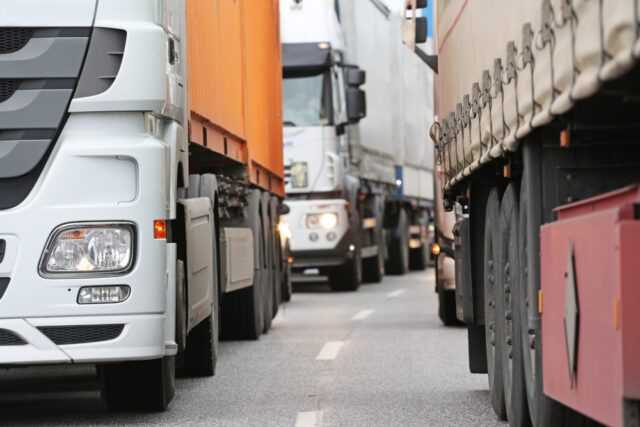Sustainability

2024 marked the commemoration of the 50th anniversary of World Environment Day, the significance of this global initiative has never been more evident. Despite heightened awareness and commitments to achieving net zero emissions, the road ahead is increasingly daunting as the impacts of climate change continue to intensify.
The imperative for businesses to prioritise sustainability has never been more urgent. As record global temperatures in 2023 show, climate change is only intensifying. In 2024 and beyond, businesses must embrace long-term strategic sustainability planning to combat global warming effectively.
For logistics, transport and supply chain, this is particularly significant. Accounting for more than a third of global carbon dioxide (CO2) emissions, it stands as the highest-emitting industry in many developed countries.
Net Zero
Our profession has a huge role to play in reaching net zero by 2050. According to the International Energy Agency (IEA), the Net Zero Scenario requires transport sector emissions to decline by around a quarter by 2030, despite continued growth in transport demand.
If we are to fulfil the ambitions of the Paris Agreement and limit the rise in global average temperatures to 1.5°C above pre-industrial levels, prioritising the decarbonisation of logistics, transport and supply chain is vital.

Infrastructure, regulations and emissions profiles
Achieving these targets will require concerted, unified and consistent efforts across the industry. Logistics relies on road, rail, water and air transport, each of which present significant opportunities and challenges in respect of decarbonisation.
Among these, road transport stands out as the largest contributor to emissions. Surprisingly, rail, domestic aviation and shipping collectively contribute less than 8% of the UK’s transport greenhouse gas emissions, underscoring the importance of addressing road transport emissions.
Fortunately, road transport is considered the most accessible area for emissions reduction initiatives, with hybrid and electric vehicles gaining traction. However, in the logistics sector, alternative fuels do pose significant challenges.

Challenges with alternative fuels
Weight restrictions
Profit margin
Transport shifts
Infrastructure
Decarbonisation opportunities extend beyond alternative fuels. Fortunately, significant opportunities accompany these challenges.
Decarbonisation opportunities
Continuous Research
Technolgy & AI
Reuse and recycle
Collaboration
Community
While there is undoubtedly scope for businesses and individuals to make incremental changes that drive sustainability improvements, the logistics, transport and supply chain industries will ultimately require widespread transformation if net zero 2050 is to become achievable.
If we are to protect our planet from the growing threat of climate change, we will need to dramatically accelerate sustainable progress in logistics, transport and supply chain together in the coming years.